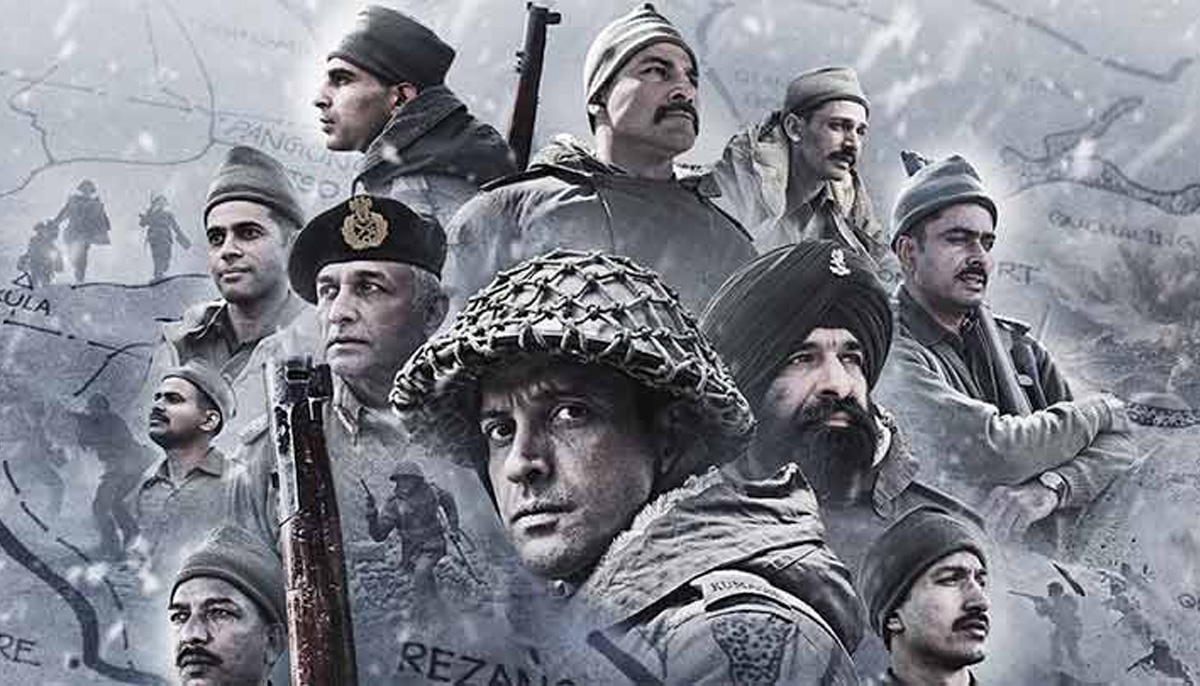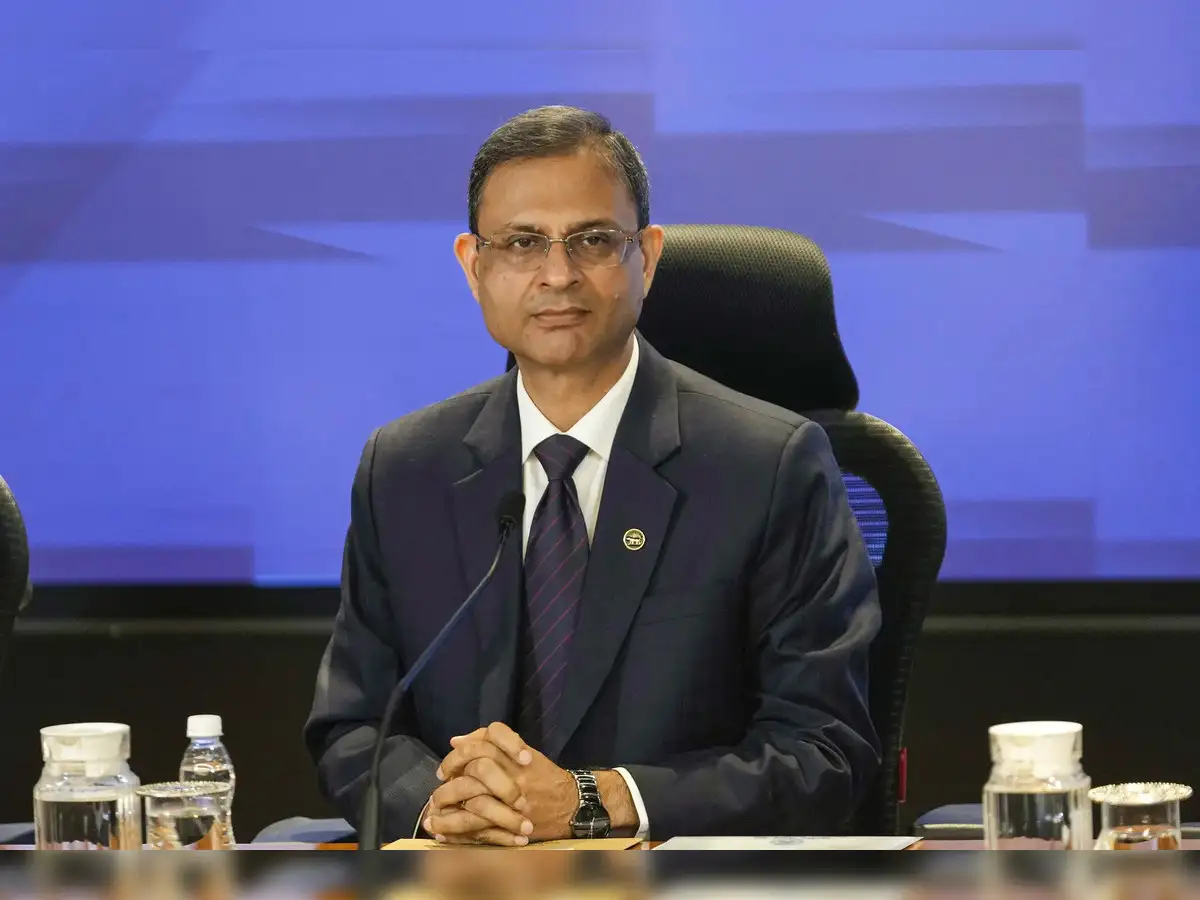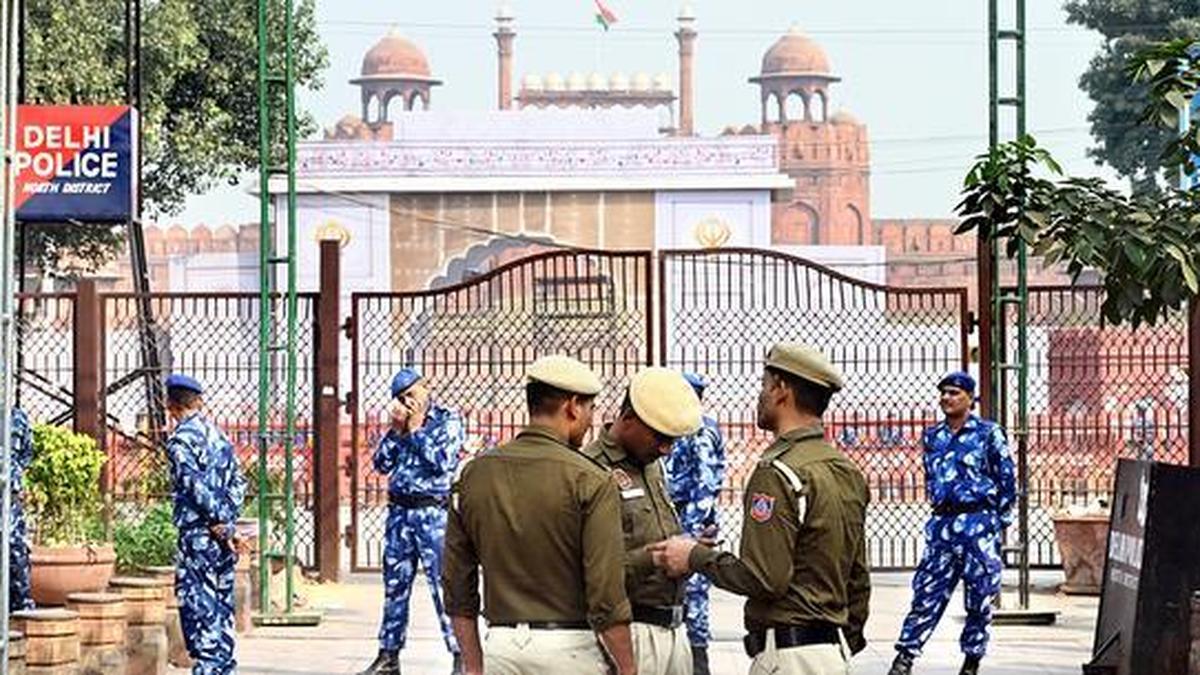In a landmark moment for Indian cinema and for the country’s armed forces, the upcoming war drama 120 Bahadur is set to make history even before its theatrical release. The Farhan Akhtar-starrer is all set to become the first Indian film to screen across defence theatres nationwide, thanks to a large-scale rollout by PictureTime’s rapidly expanding mobile cinema network. This path-breaking initiative will bring the film directly to soldiers and their families living in some of India’s most remote defence regions—places where conventional cinema halls often cannot reach.
As the film gears up for its global release on November 21, the makers—Excel Entertainment and Trigger Happy Studios—have expressed that this special outreach to the Indian armed forces is not just a promotional strategy but an emotional gesture of gratitude. With the film rooted in a real, heroic chapter of Indian military history—the Battle of Rezang La—its first audience nationwide will be the very people whose courage and sacrifice the story commemorates.
A Historic Rollout: Cinema Reaches Soldiers Across India
PictureTime, known for its innovation in deploying mobile digital theatres, has partnered with GenSync Brat Media to orchestrate the screening of 120 Bahadur across more than 800 defence cinema halls. These theatres primarily serve active-duty soldiers, veterans, and their families posted in difficult terrains and isolated stations.
For decades, military personnel stationed in remote bases—high-altitude regions, dense forests, and border zones—have had limited access to entertainment outside of television broadcasts. PictureTime’s network, which uses portable, inflatable, and digital cinema setups, aims to bridge this cultural and social gap by bringing films to the viewers instead of waiting for viewers to come to the theatres.
This revolutionary model has now enabled 120 Bahadur to achieve something no Indian film has done before: a simultaneous, nationwide pan-India defence theatre release.
Sushil Chaudhary Explains Why This Move Was Needed
Sushil Chaudhary, the Founder and CEO of PictureTime, highlighted the massive, yet underserved, audience that exists within the defence community.
“There are 1.5 million active soldiers and over six million viewers. But only 30% of India’s 20-million-strong veteran and family audience has access to defence cinemas,” he explained.
According to Chaudhary, while the defence population forms a significant segment that rarely gets first-day-first-show experiences or theatrical access, the rollout of 120 Bahadur represents a conscious attempt to change this dynamic.
“We aim to expand the ecosystem to additionally reach the underserved 70%, and we begin with a bang with 120 Bahadur, a film we know will deeply resonate with the forces.”
This statement signals a larger vision: the creation of a parallel cinema distribution channel exclusively for defence communities—one that may become a permanent fixture in Indian film exhibition.
Excel Entertainment Calls It a Privilege
Vishal Ramchandani, CEO of Excel Entertainment, expressed deep gratitude at having the film screened for soldiers before most civilian audiences.
“120 Bahadur honours the courage and sacrifice of our armed forces. We feel truly privileged that the soldiers whose spirit the film celebrates will be watching it with their families.”
Ramchandani acknowledged PictureTime’s role in enabling this extraordinary outreach and reflected on how meaningful it is for the filmmakers that the film’s first viewers will be the same community whose real-life sacrifices inspired the story.
Why 120 Bahadur Matters: Revisiting the Battle of Rezang La
At its core, 120 Bahadur is not just a war movie. It is a cinematic tribute to one of the most heroic and unforgettable battles in India’s military history—the Battle of Rezang La.
Fought on 18 November 1962, during the Indo-China war, the battle saw 120 soldiers of Charlie Company, 13 Kumaon Regiment, face an overwhelming Chinese force at an altitude of over 16,000 feet in Ladakh. In extreme cold, with limited ammunition, and against impossible odds, the Indian troops fought until their last breath. Their extraordinary bravery is etched in history, especially the story of Major Shaitan Singh, who led the company with unmatched grit and was posthumously awarded the Param Vir Chakra.
The battle symbolized an unshakeable spirit—a willingness to protect the motherland at any cost.
By choosing this event as its narrative foundation, 120 Bahadur taps into emotions that resonate deeply across generations. Screening the film in defence theatres ensures that the families of soldiers—who personally understand sacrifice—can connect with this history in a powerful, communal setting.
The Star Cast and Creative Team Behind the Film
120 Bahadur features an impressive ensemble cast led by Farhan Akhtar, who is known for delivering performance-driven roles and bringing emotional authenticity to his characters. The film also stars:
- Raashii Khanna
- Sparsh Walia
- Vivan Bhatena
- Dhanveer Singh
- Digvijay Pratap
- Sahib Verma
- Ankit Siwach
Several senior actors, including Ajinkya Deo and Eijaz Khan, appear in pivotal roles, playing high-ranking officers whose decisions shape the course of the story.
The film is directed by Razneesh “Razy” Ghai, who previously made a mark with his distinct visual and storytelling flair. Produced by Ritesh Sidhwani, Farhan Akhtar, and Amit Chandrra, the film promises a combination of realism, compelling performances, and cinematic scale.
A New Model for Film Distribution: Why This Matters for India
The decision to screen 120 Bahadur in defence theatres represents more than a promotional milestone—it signals the emergence of a parallel cinema distribution ecosystem in India.
Here’s why this is significant:
1. Reaching Underserved Audiences
Many defence families live in locations where commercial theatres are non-existent or too far away. Mobile cinema networks democratize access to cultural experiences.
2. Strengthening Morale
Movies, especially patriotic films, play a significant role in boosting morale among troops stationed in tough terrains.
3. Creating New Opportunities for Filmmakers
A dedicated defence audience offers a new distribution market, especially for films based on national themes, military stories, or inspirational narratives.
4. Encouraging Innovation in Cinema Technology
PictureTime’s mobile theatres use digital projection, inflatable screens, and portable setups that can be assembled in hours—creating potential for screenings in disaster zones, rural areas, or border regions.
5. Setting a Precedent for Others
If 120 Bahadur sees strong engagement in defence theatres, it may prompt other filmmakers to consider similar rollouts.
What Makes PictureTime’s Mobile Cinema Unique?
PictureTime’s digital theatre system is built around high-quality projection, robust audio, climate-controlled inflatable tents, and seating arrangements designed to replicate the cinema hall experience. Key features include:
- Portable setup that can be transported even to high-altitude regions
- Ability to screen in remote military camps
- Digital distribution of films, ensuring rapid deployment
- Safe, secure screening environments validated for defence use
This technology allows PictureTime to host screenings anywhere—from desert camps to Himalayan outposts—ensuring soldiers never feel cut off from mainstream cultural life.
A Film That Reaches the Hearts of Those Who Serve
Though the movie will release worldwide on November 21, its defence screenings hold a symbolic significance. The film speaks of courage under fire, unity in the face of adversity, and unwavering patriotism—values that every soldier and their family live with every day.
For troops far from home, watching a story that reflects the spirit of the Indian Army creates a powerful emotional connection. For families, it is a moment of pride and reflection. For veterans, it is a reminder that their sacrifices are remembered and honoured.
This initiative also subtly highlights how cinema can play a role in strengthening national identity, nurturing pride, and recognizing the immense responsibility carried by India’s armed forces.
Growing Excitement Around the Release
The trailer has already received praise from various quarters, including Bollywood superstar Salman Khan, who described it as a story that “will enter every Indian’s heart.” The film seems poised to offer a blend of intense action, heartfelt drama, and historical tribute—elements that typically resonate strongly with audiences across demographics.
With its defence-first rollout, the anticipation surrounding the film has grown even stronger. Audiences nationwide are watching keenly as the film sets a fresh benchmark in how Indian cinema engages with the country’s soldiers.











